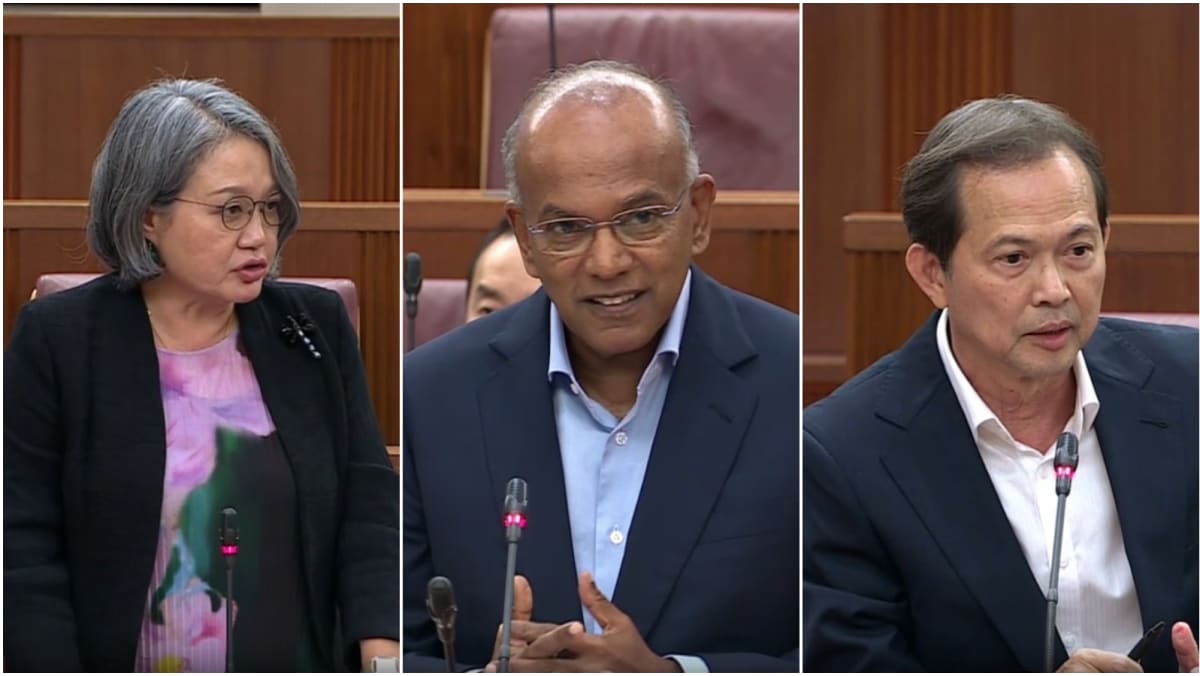ARGUMENTS AGAINST UPDATED PRESIDENTIAL POWERS
The responsibility of maintaining racial harmony, law and order, should lie with the government and not the president, said MP Sylvia Lim (WP-Aljunied).
“While all of us have a part to play, the government is responsible for this outcome. It is publicly accountable for this key performance indicator to Singaporeans, through parliament,” the WP chair said.
“It is not the elected president’s responsibility to maintain public peace and public order. He is not answerable to parliament in any way.”
The proposed mechanism for the president to review the minister’s orders carries “several significant risks”, she added.
For instance, should the president unjustifiably cancel a restraining order, and the organisation concerned turns out to be a proxy for a foreign hostile actor, the government can say that it had issued the correct decision and “is not to be blamed for bad outcomes”.
She added that the president is a symbol of unity and the personification of the state.
“To require him to make hard decisions on matters involving ethnicity will detract from his role as a unifying figure above politics.”
In his round-up speech, Minister for Law and Home Affairs K Shanmugam said that Ms Lim’s concerns about the president’s updated powers are “ultimately a question of judgment”.
“The government’s view is that parliament and the public are essential checks on the minister’s power, but that there is also considerable value in having an additional layer of check through the Presidential Council and the president,” he said.
“It is appropriate for the president, who is directly elected by the people, to act as a check on this power that can be exercised by the minister.”
He added that this is similar to the model that Singapore has adopted for other legislation, such as the Internal Security Act and the Maintenance of Religious Harmony Act.
Responding to Mr Shanmugam, Ms Lim said that there could be a scenario where the president will disagree with a minister because the Presidential Council has disagreed as well.
Therefore, the president is entitled not to follow the Cabinet’s decision and could cancel the restraining order issued by the minister.
She asked: “So if that were to happen, does the minister not agree that such a confrontation with the government by the elected president really detracts from his role?”
She added: “This scheme here will risk the elected president being polarised along racial lines, and it is actually really not a road that we want to go down.”
Responding to Ms Lim, Mr Shanmugam said that if the Presidential Council consists of people such as senior community leaders and leaders of religious groups, they can advise the president if they believe the government’s restraining order lacks substance.
He added: “It’s a curious reversal of roles, because I am here arguing for an extra layer of check on the government, whereas Ms Lim is saying, ‘Why are we having this additional layer?’”
